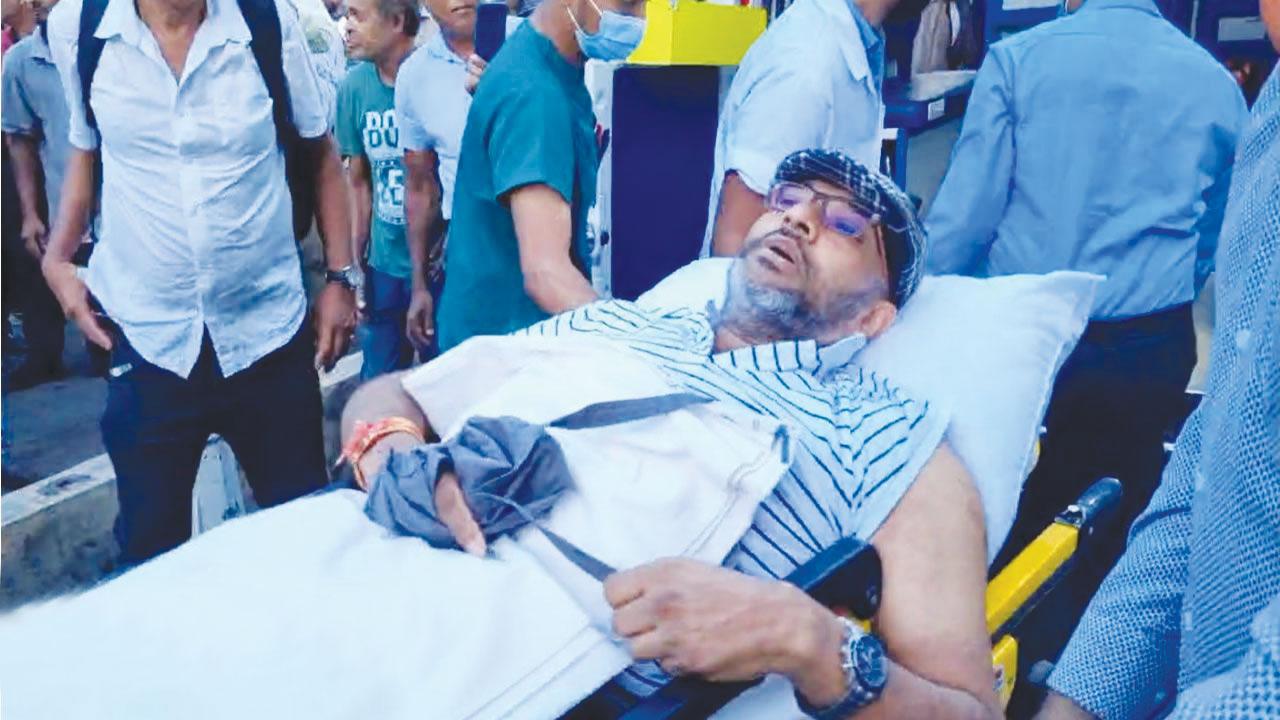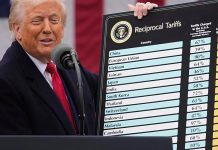Africa-Press – Lesotho. Hunger strikes pose moral, political, health and legal dilemmas and has noble precedents when they were used successfully by Mahatma Gandhi to mobilise consciousness against a foreign oppressor.
Many feel that the hunger strike should only be an instrument of last resort when other means of attracting attention to a particularly galling situation or represent a form of emotional blackmail to amend government policy. Lex gives some legal perspective.
* Will sitting on a hunger strike for days to press certain demands and refusing to cooperate with the authorities in the provision of medical treatment amount to a criminal offence?
On the assumption that we consider someone on a hunger strike as somebody who is gradually attempting suicide, the method resorted to is not a criminal offence in Mauritius. But aiding and abetting others or a third party to commit suicide is a criminal offence punishable by imprisonment.
* According to the Tahrir Institute for Middle East Policy, hunger-striking has long been interpreted to be a form of non-violent resistance argued by many international human rights advocates to be protected under a citizen’s right to freedom of expression.
The same consideration should apply in Mauritius in light of our own Constitution, shouldn’t it? A hunger strike is a powerful mode of expressing dissatisfaction with a state of affairs in a country or to exert pressure on the authorities to execute a demand that the hunger striker considers legitimate and reasonable. We have a classic example in Mahatma Gandhi’s long struggle and recourse to hunger strikes as a powerful weapon against an oppressive foreign power.
* Considering the hunger strike as a manifestation of freedom of expression, albeit one that should only be resorted to when all other means have failed, shouldn’t the State respect the inviolability of this right and the numerous noble causes it has served in the past?
A hunger striker is in a way expressing his protest and he should be allowed to do so. But there may come a point where his life is an danger and a balance must be struck between the right of the hunger striker to express his demands through a hunger strike and the duty of the State to protect life.
* The Tahrir Institute also informs us that in some countries, prison officials have subjected hunger-striking detainees to violent beatings, sexual assaults, solitary confinement conditions, and transfer to remote prisons to force an end to the strikes.
Would such action amount to torture? Certainly. The prisoners should be left to pursue their hunger strike. However, in prison there may be rules that should be complied with.
A hunger strike by one or more prisoners may be a source of disturbance in a prison, and the officials have a duty to preserve law and order in prison but not to resort to extreme measures that may amount to inhuman treatment and torture.
* Nobody would wish to see a hunger striker starve to death.
But there is also the dilemma between, on the other hand, the responsibility of the authorities and that of caretakers involved in the health of the hunger striker to intervene, and on the other hand the hunger striker’s right to self-determination.
What should take precedence in such circumstances? Life has no price. The duty of the State is to protect life. Though freedom of expression is protected in our Constitution and many international instruments on human rights, derogations from that right are permissible.
In a study ‘Hunger Striking in Prisons: Ethics and The Ethical and Legal Aspects’, J García-Guerrero expresses the following view: “An intervention would be an aggression to the inmates’ freedom of conscience and an unjustified invasion of their personal autonomy and, thus, of their personal dignity.
Human dignity can only be respected if the decision-making process of persons is not restricted and if we take into account their beliefs, values, convictions, preferences and desires.
The second opinion group is formed by those who prefer a forced intervention in order to stop a hunger strike. They argue that life is a superior asset that must prevail for the enjoyment of other personal rights.
* It may serve the authorities’ purpose to be seen as not bucking under activist, NGO pressure or individual bravery for a variety of reasons, but is it a bit short and flat to oppose a ‘fin de non-recevoir’ to what an individual and many sympathisers see as a fight for justice or transparency?
On May 5, 1981, imprisoned Irish-Catholic militant Bobby Sands died after refusing food for 66 days in protest of his treatment as a criminal rather than a political prisoner by the British authorities.
His death immediately touched off widespread rioting in Belfast, as young Irish-Catholic militants clashed with police and British army patrols and started fires.
In response to a question in the House of Commons on 5 May 1981, the British Prime Minister, Margaret Thatcher said, “Mr Sands was a convicted criminal.
He chose to take his own life. ” There you are. The British government allowed Bobby Sands to continue expressing his freedom of expression until he died.
* In the U.S. , much like in Europe, jurisdictions are divided on the question of force-feeding prisoners on a hunger strike. Despite the difference of opinion, it seems the decisive majority of courts permits the practice under certain conditions.
This means that hunger strikers can be force-fed, right? A hunger strike may result in serious physical damage and can ultimately cause the death of the person involved.
If the hunger strike is prolonged, the government can decide that there is an obligation to protect life and intervene through recourse to force-feeding and to call in health professionals to dispense appropriate medical treatment.
For More News And Analysis About Lesotho Follow Africa-Press






